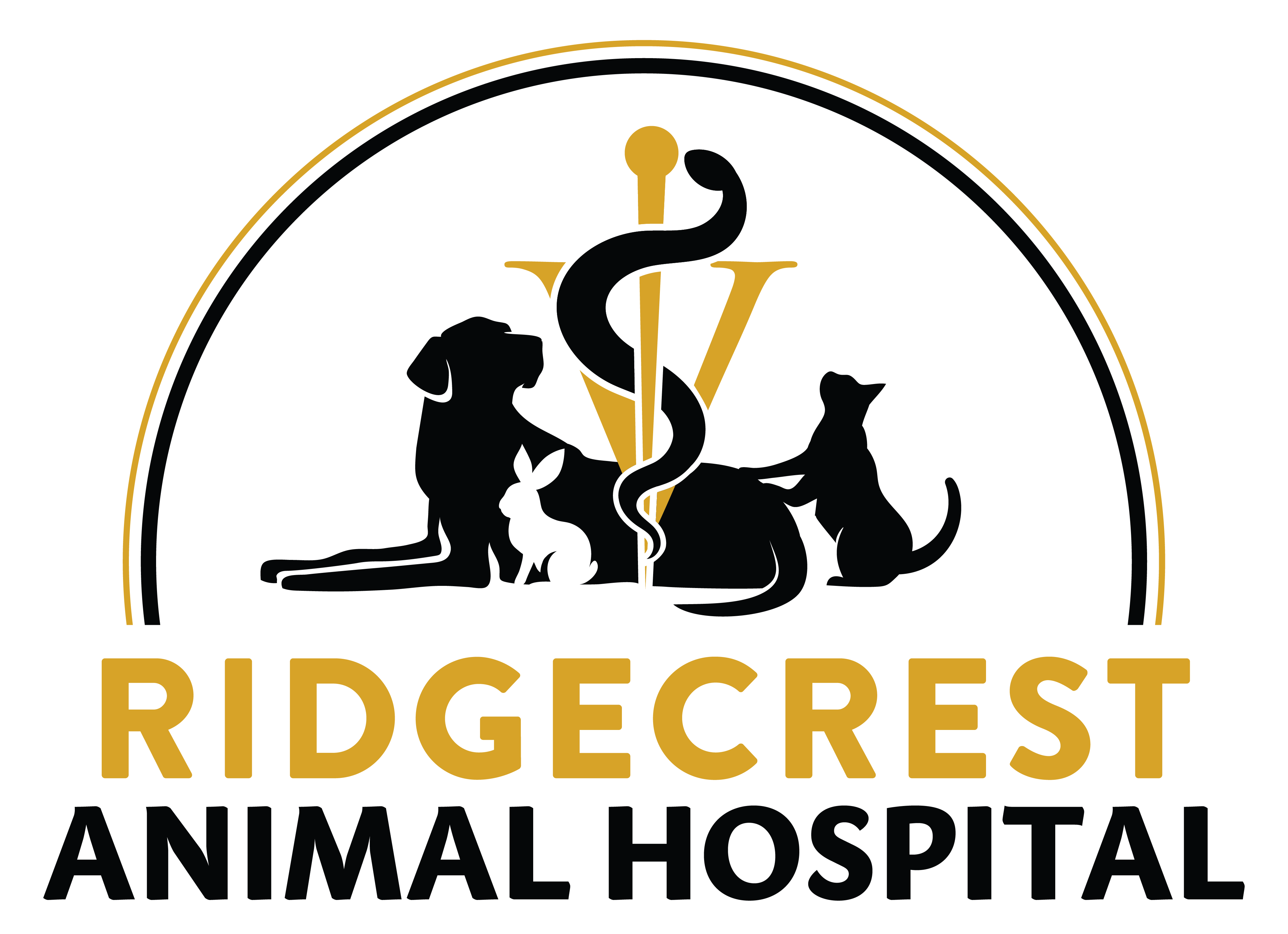Library
-
Since cats are living longer and longer, they are also experiencing the deterioration and debilitation that goes along with aging. This includes the development of osteoarthritis. No one is in a better position to identify the subtle changes in behavior that may signal pain than human family members. You may observe changes in the following: vocalization, daily activities, daily habits, facial expressions, or posture. Your cat may show uncharacteristic behavior to other pets or family members. If you notice any of these changes, contact your veterinarian.
-
Since dogs are living longer and longer, they are also experiencing the deterioration and debilitation that goes along with aging. This includes the development of osteoarthritis. No one is in a better position to identify the subtle changes in behavior that may signal pain than human family members. You may observe changes in the following: vocalization, daily activities, daily habits, facial expressions, or posture. Your dog may show uncharacteristic behavior to other pets or family members. If you notice any of these changes, contact your veterinarian.
-
Dogs use their noses infinitely more than humans to get around in the world and gather information. With specialized olfactory organs that detect pheromones, dogs' sense of smell is thousands of times better than humans.
-
The old theory that one dog year is seven human years does not hold true due to a variety of factors including breed and size of the dog. This handout discusses emotional aging and senior statuses for different breeds of dogs.
-
Your veterinarian may prescribe rectal medication if your pet is unable to swallow oral medications or if a specific required medication cannot be effectively absorbed with oral delivery. The rectal tissues contain large numbers of blood vessels very close to their surface, which means that medications delivered to this area are rapidly absorbed into the bloodstream. Rectal medication is most commonly used to treat seizures.
-
Baths should be performed in a comfortably warm area, using lukewarm water. Medicated shampoo should be applied to a clean, wet coat, so start by thoroughly rinsing your cat with lukewarm water. Shampoo should be worked into the coat thoroughly and allowed to sit for 10 minutes before rinsing unless directed otherwise by your veterinarian.
-
Medicated shampoos may be prescribed for a variety of skin conditions. These baths should be performed in a comfortably warm area, using lukewarm water. Medicated shampoo should be applied to a clean, wet coat, so start by thoroughly rinsing your dog with lukewarm water. Shampoo should be worked into the coat thoroughly and allowed to sit for 10 minutes before rinsing unless directed otherwise by your veterinarian.
-
Purebred dogs from a breeder have a documented family history and known background. For families who have opted for this way to add a dog to their family (if a shelter or rescue dog isn't in the cards), make sure you and the breeder take time to get to know each other to make sure that the family and dog are the right fit together.
-
Cats are very good at hiding signs of pain, so cat owners need to be very observant to recognize behavior changes that indicate their cat needs help. Some of the most common behavior changes are associated with grooming and litter box habits. This handout describes these and other changes to watch for, as well as advice on how to support your aging cat.
-
Pain can be difficult to detect in older dogs. It is important for dog owners to recognize subtle signs of pain in their dog, such as slowing down on walks, unwillingness to play, reluctance to sit or stand, limping or weight shifting, and sensitivity to touch on being picked up. If any of these behaviors are observed, your dog should be evaluated by your veterinarian and a pain management plan devised.

